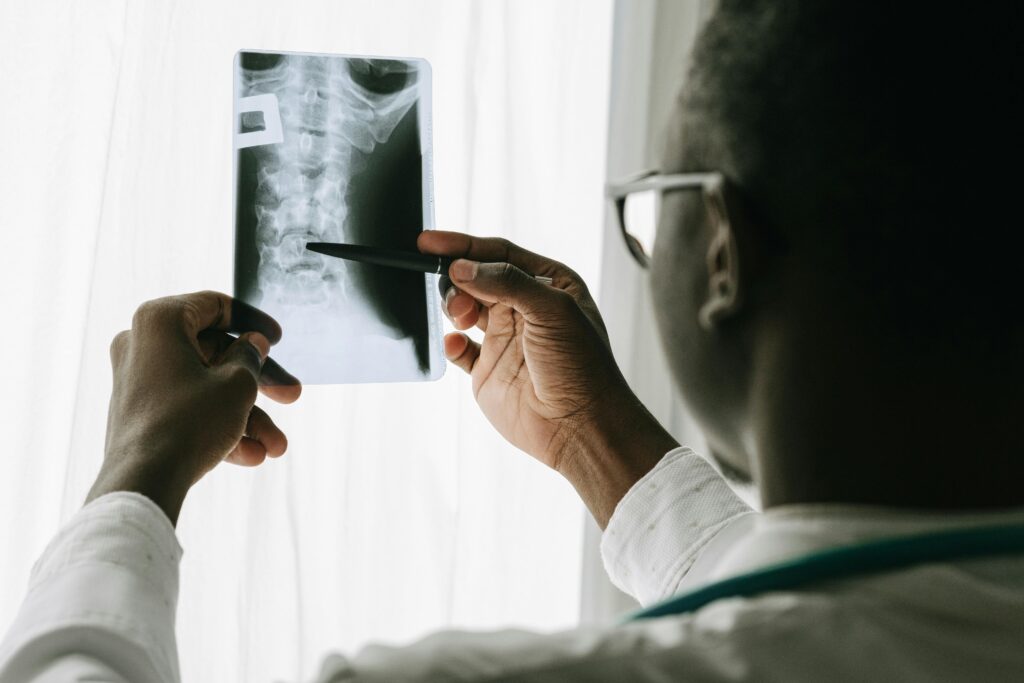
Unveiling the Role of a Physician Associate in Modern Healthcare
In the dynamic realm of healthcare, the question “What is a Physician Associate?” often arises. Physician Associates (PAs) are highly skilled healthcare professionals with a master’s degree, trained to collaborate closely with doctors. PAs work as part of a medical team under the supervision of a dedicated senior qualified doctor and play a crucial role in the delivery of healthcare services, providing support to doctors and other healthcare professionals. This guide aims to shed light on the specifics. Want to learn more about a career as a PA? CLICK HERE.
Exploring the Scope of Practice for Physician Associates
Physician Associates in the UK are versatile professionals, contributing significantly to healthcare teams. Here’s a breakdown of their key responsibilities:
1. Taking Medical Histories
Physician Associates excel in obtaining and meticulously recording patients’ medical histories. This includes a comprehensive understanding of symptoms, family history, past medical records and more.
2. Physical Examinations
Demonstrating precision, PAs conduct thorough physical examinations. This enables them to assess patients’ health and identify clinical signs that may indicate potential medical issues.
3. Diagnostic Tests
Operating at the forefront of diagnostics, PAs order and interpret tests, encompassing blood tests, cultures, and various laboratory investigations.
4. Developing Treatment Plans
Collaborating closely with medical teams, Physician Associates actively participate in creating and implementing effective treatment plans for patients.
5. Patient Education
Beyond diagnosis and treatment, PAs educate patients about their medical conditions, treatment plans, and essential preventative measures.
6. Clinical Procedures
Displaying proficiency in basic clinical procedural skills, Physician Associates undertake tasks such as taking blood, inserting cannulas, catheters, suturing, and more.
7. Referrals
In a collaborative effort, PAs make referrals to other specialists or healthcare professionals when necessary, ensuring comprehensive patient care.
8. Chronic Disease Management
PAs play a crucial role in helping patients effectively manage long-term health problems like diabetes and hypertension.
9. Health Promotion
Promoting health and wellness, PAs provide lifestyle advice and preventative measures, contributing to the overall well-being of individuals.
It’s essential to recognize that the specifics and responsibilities of Physician Associates may vary based on their training, workplace, and experience levels.

Understanding Boundaries: What Physician Associates Cannot Do
While Physician Associates bring a wealth of skills, there are limitations to their scope of practice. Currently, PAs are not authorized to:
- Prescribe Medications
- Request Ionising Radiation (e.g., chest X-ray or CT scan)
The current limitations on PAs stem from the absence of a dedicated regulatory body. Establishing such oversight is crucial to ensuring standardized and safe practices in the healthcare system. Currently, the General Medical Council (GMC) is set to oversee the regulation of PAs by the end of 2024. The GMC, which also regulates doctors, medical students, and postgraduate training programs in medicine, holds the potential to reshape the limitations of PAs. This regulation may involve expanding their scope of practice or establishing clearer boundaries to enhance patient safety and define their professional parameters, striking a balance between growth and patient well-being.
In Conclusion: PAs as Invaluable Team Players in Healthcare
Physician Associates emerge as invaluable team players in the evolving landscape of healthcare. Their adaptability and diverse capabilities position them as key contributors to the well-being of patients in the UK. Understanding the intricacies of their role and limitations ensures a harmonious collaboration within the medical community, ultimately benefiting the patients they serve.


Love it! Super useful and educational blog post, definitely provides a clearer explanation of PAs and their role within healthcare.
Thanks for the love! 🌟 I’m glad you found the blog post helpful in understanding the role of Physician Associates (PAs) in healthcare. 😊 If you have more questions or want to dive deeper into any topic, feel free to ask. Your support means a lot! 🙌